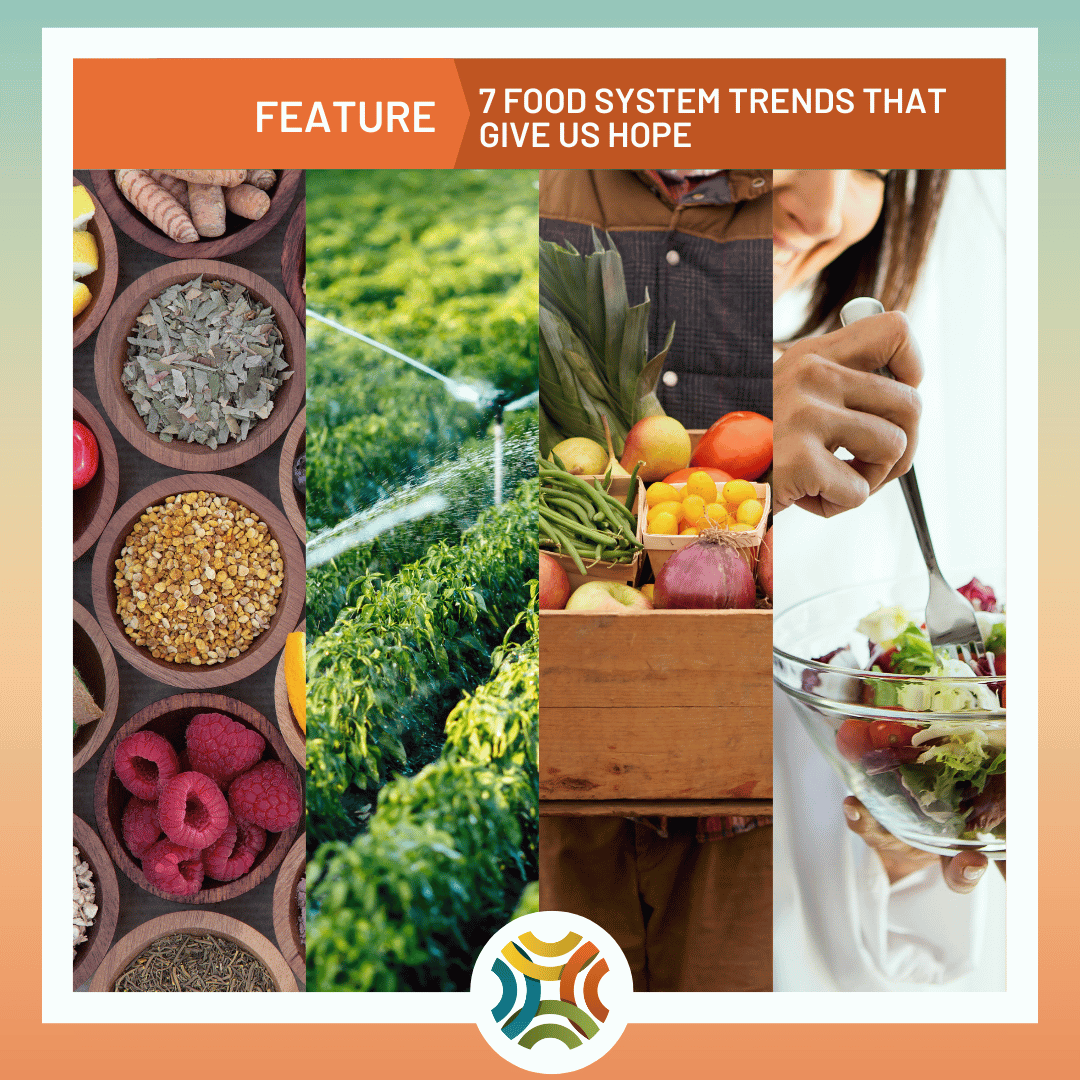Advocating for
Nutrition and Food Security
Policy solutions are needed to ensure food security and adequate nutrition for all. Information, data points, policies, and resources on this page were curated to help advocates learn and take action on policy to improve food security and public health nutrition.
Food insecurity is pervasive, affecting millions of Americans every year.
Social costs of food insecurity include impacts to worker productivity, healthcare spending, and military readiness.
Malnutrition, chronic diseases, mental health conditions, difficulty at work or school, and social isolation, stigma, and shame are associated with food insecurity.
Communities of color, low-income communities, and rural and remote communities are disproportionately affected.
Learn more about Nutrition and Food Security
Data to Power Your Advocacy
POLICY AIMS
We can transform our policies, systems, and environments to provide the vital community conditions that all people need to achieve food security. Below are policy aims and example policies and programs to advance nutrition and food security.
Expand Access and Distribution
Increasing access to nutritious food through robust distribution systems is essential to reducing food insecurity and improving community health.
Enhance SNAP Benefits
Enhancing SNAP benefits and eligibility can address gaps in food assistance and ensure more families have access to healthy foods.
Expand Educational Programming
Food Assistance as a Targeted Universalism Approach to Food Security
Policies that provide food assistance could be said to reflect a so-called “Targeted Universalism” approach, meaning they offer tailored approaches to universal goals, such as food security, based on the needs of different priority populations, including children from low-income families, and pregnant, recently pregnant, and breastfeeding women. Federal food assistance programs include SNAP, WIC, and school meal programs. These programs provide critical, systems-level support for food and nutrition assistance. Public Health stewards should continue advocating for the maintenance, improvement, and expansion of these programs to ensure that people’s basic needs for food and nutrition are met.
ADVANCING FEDERAL POLICIES
Policies and information contained in this module are based on the Public Health Policy Information Sheet which was prepared by WE Public Health, LLC for the American Public Health Association and Public Health AmeriCorps.




